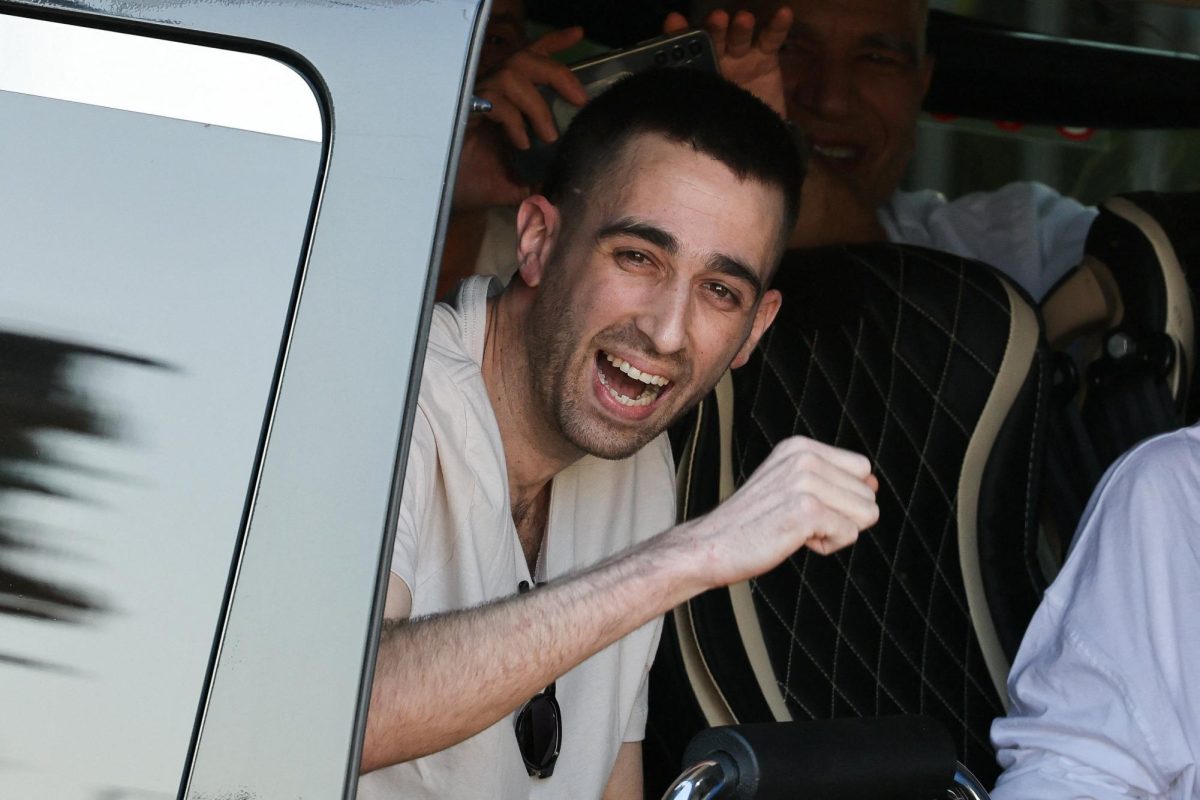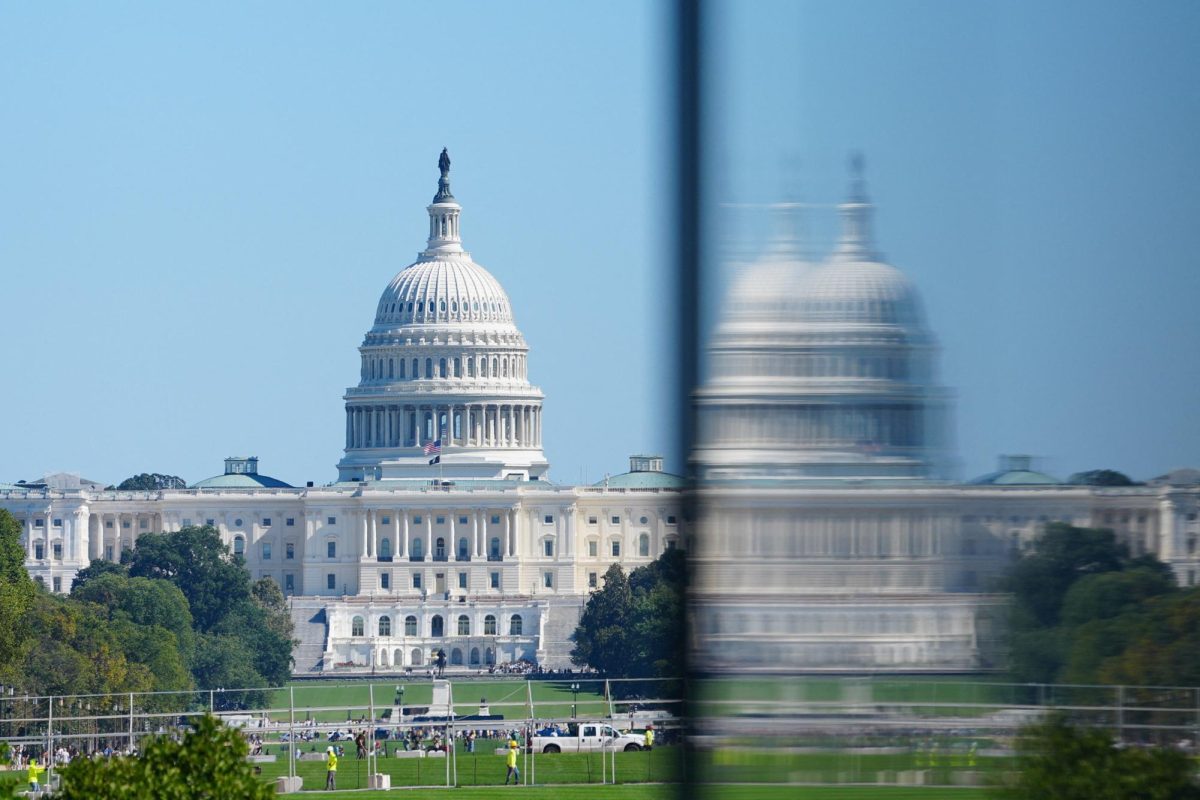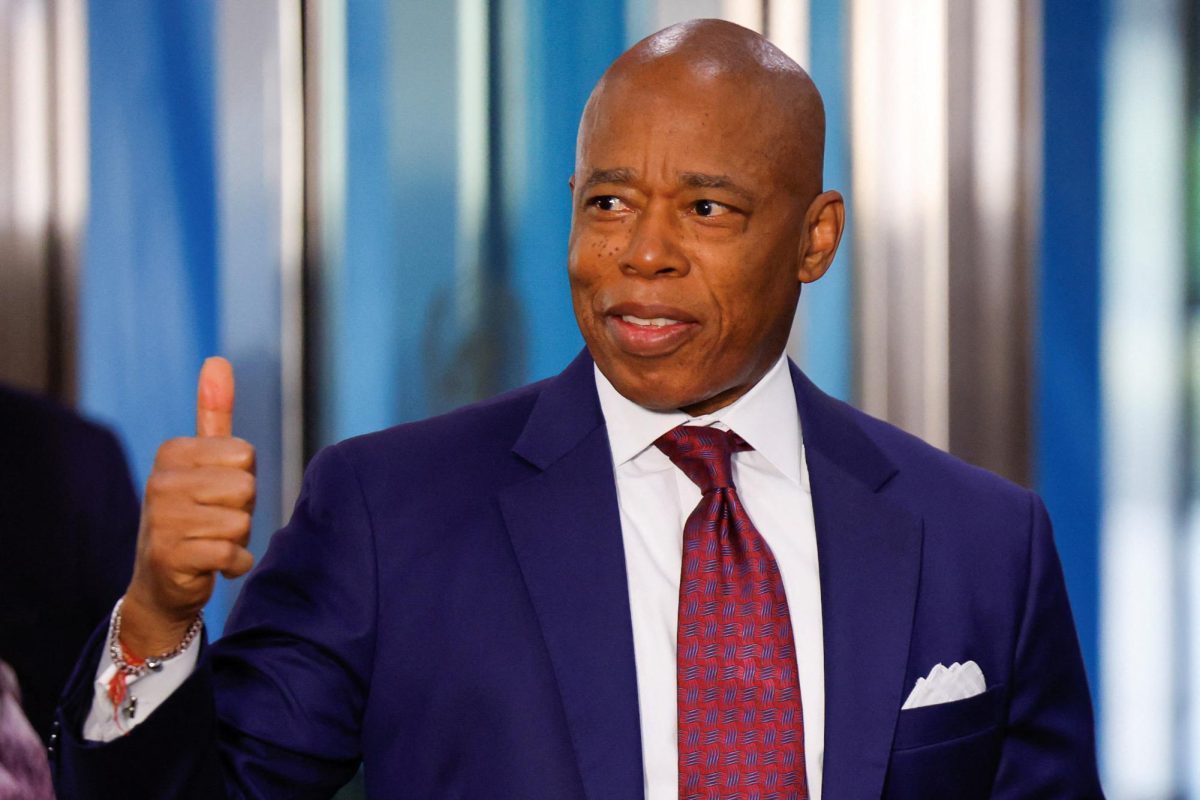U.S. Secretary of State Antony Blinken addressed the conflict between Israel and Hamas in Tokyo, saying Israel should not reoccupy Gaza, on Nov. 8. This occurred after Israeli President Benjamin Netanyahu said Israel would take responsibility for Gaza’s security for an indefinite amount of time.
Blinken made it clear that Hamas could no longer run Gaza and proposed the idea of a transition period after the war.
“[It is] imperative that the Palestinian people be central to the governance of Gaza and the West Bank,” Blinken said in a Nov. 8 Washington Post article.
In Tokyo, the Group of Seven nations, an informal group of seven countries including Canada, France, Germany, Italy, Japan, the United Kingdom and the United States, supported the US’s push for a humanitarian pause. The war between Israel and Hamas has been ongoing since Oct. 7, with Israelis, Palestinians and Americans alike worrying about the future.
Without the return of the over 200 hostages held by Gaza, Israel will not agree to a humanitarian pause.
“Israel has repeatedly told us that there is no going back to October 7 before the barbaric attacks by Hamas — we fully agree,” Blinken said in a Nov. 8 CNN article.
Israel is currently trying to prove that Hamas has tunnels under the Al-Shifa Hospital in Gaza that functions as a command center. An Israeli military tour showed that the shaft had electrical wiring along a metal staircase and they sent a drone several meters down, finding sand on the northern perimeter. Additionally, Israel released videos from inside Gaza’s main children’s hospital that showed weapons and explosives in the medical center and a room for hostages. Palestinian officials and doctors have denied the use of the hospital by Hamas, but American intelligence that confirms Israel’s findings have recently been reported, according to a Nov. 17 New York Times article. Both sides are aiming to show that the other is putting civilians at risk.
The House of Representatives voted to censure Representative Rashida Tlaib (Michigan Democrat). Tlaib is the only Palestinian-American member of Congress and was punished over her comments regarding war, according to the Washington Post on Nov. 7.
She was accused of pushing a false narrative of the Hamas attack on Israel and called for the state of Israel to be done away with.
Tensions between both sides in the U.S. have risen as the conflict progresses. Protests have become increasingly violent as both sides call for more action from the U.S. government.
Around 300,000 demonstrators from around the U.S. gathered in Washington D.C., standing in solidarity with Israel, on Nov. 14. The march was called “March For Israel” and was intended to respond to critics of Israel and signal to U.S. politicians to continue supporting Israel amongst ceasefire calls. The march was organized by Jewish Federations of North America and the Conference of Presidents of Major American Jewish Organizations, according to a Nov. 14 New York Times article. There were multiple U.S. politicians speaking at the rally, joining in the “no ceasefire” chants.
“We ache with you, we stand with you and we will not rest until you get all the assistance you need,” said Senator Chuck Schumer, New York Democrat and the highest ranking Jewish elected official in the U.S. in the New York Times.
As of Nov. 22, Israel and Hamas have agreed to a hostage deal. The agreement states that at least 50 hostages will be released in exchange for a four-day truce of Israel and America’s fighting in Gaza. An extra day would be added for each additional 10 hostages that were available for release. As part of the deal, 150 Palestinian prisoners will be released from Israeli jails, according to a CNN article.
As the war in the Middle East progresses, Americans worry about what the future holds and what it means for Israel-United States relations.
Photo Credit: “US Secretary of State Antony Blinken” by Utanríkisráðuneytið – MFA Iceland is licensed under (CC BY-NC-ND 2.0 DEED)









